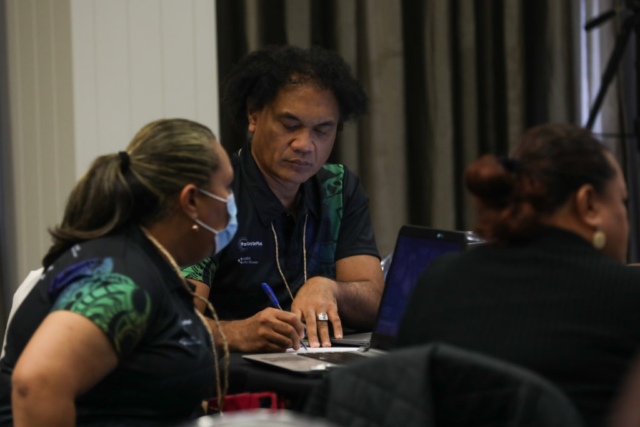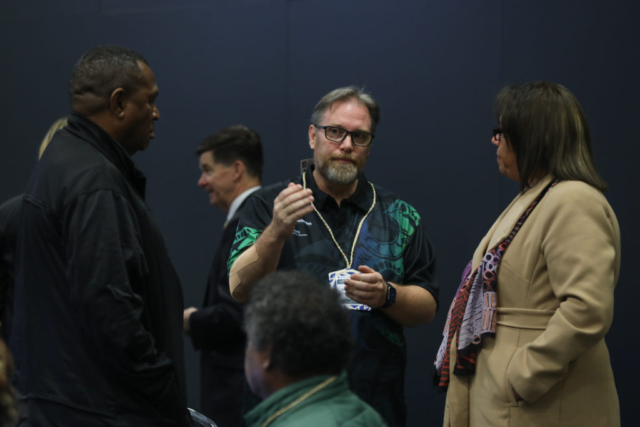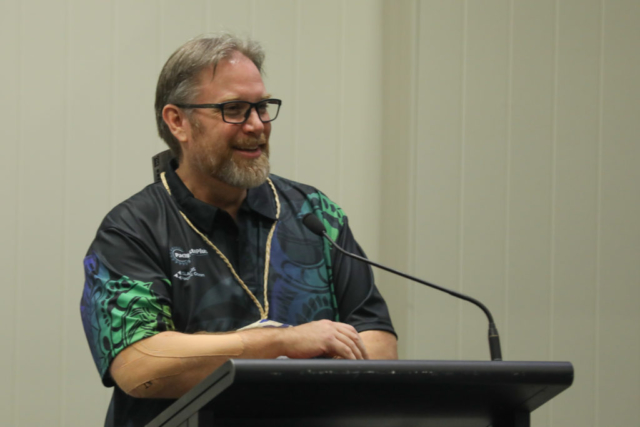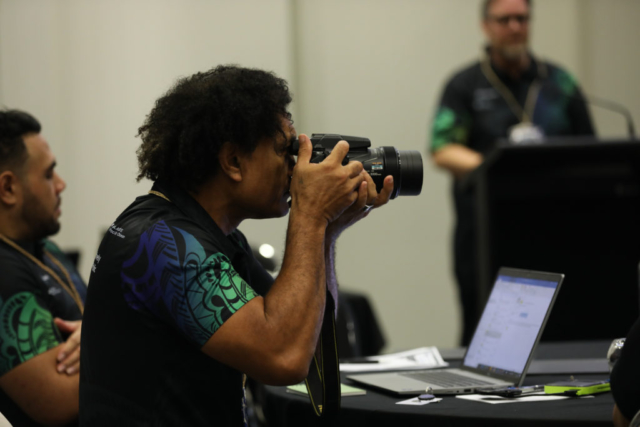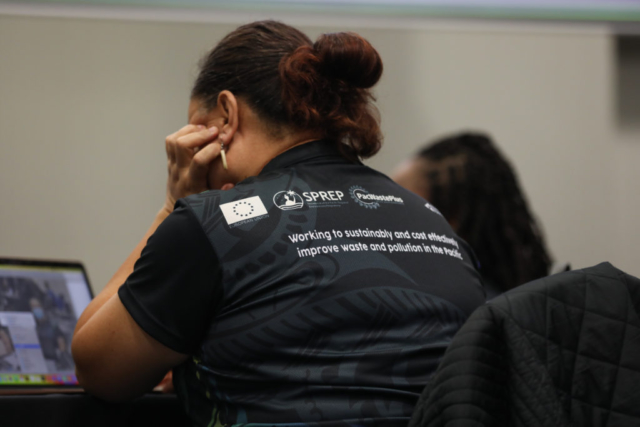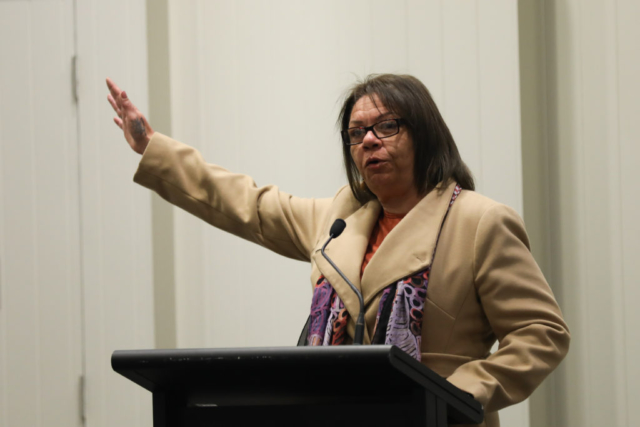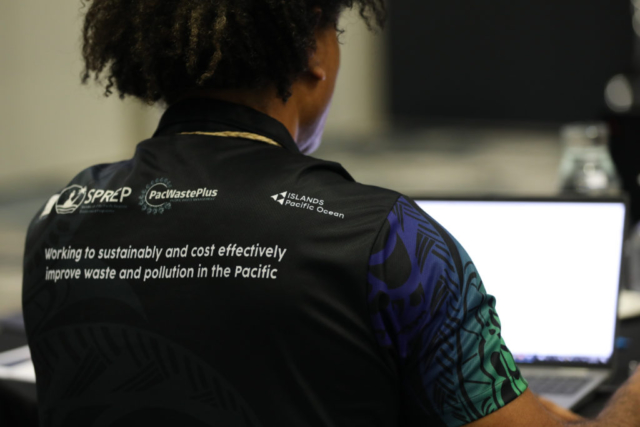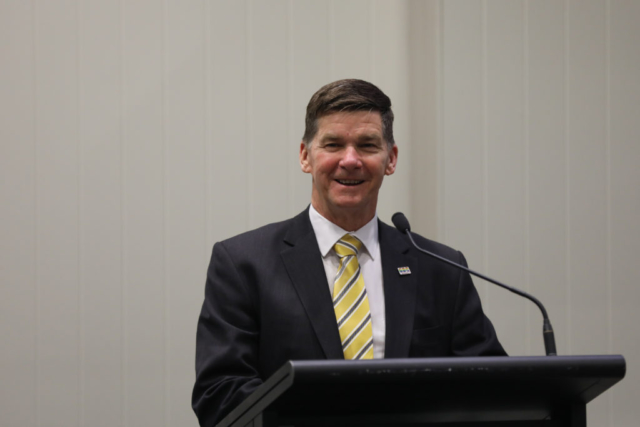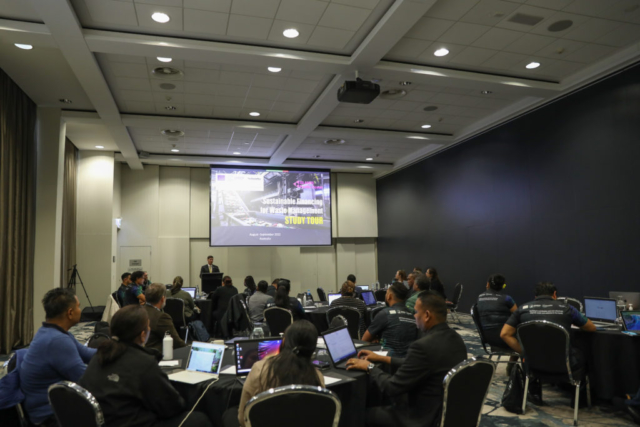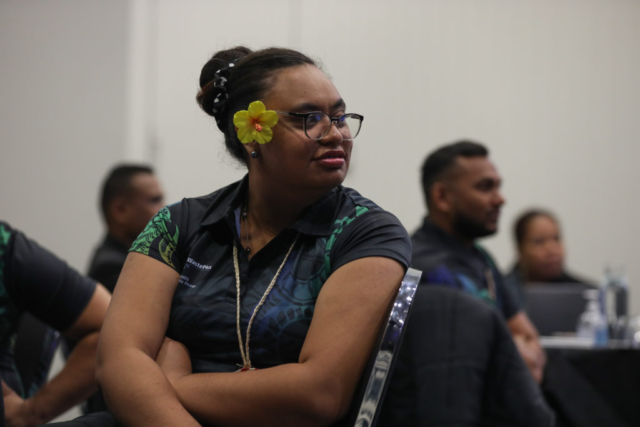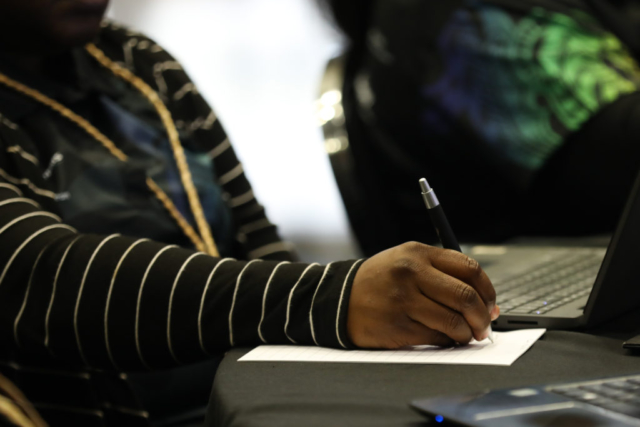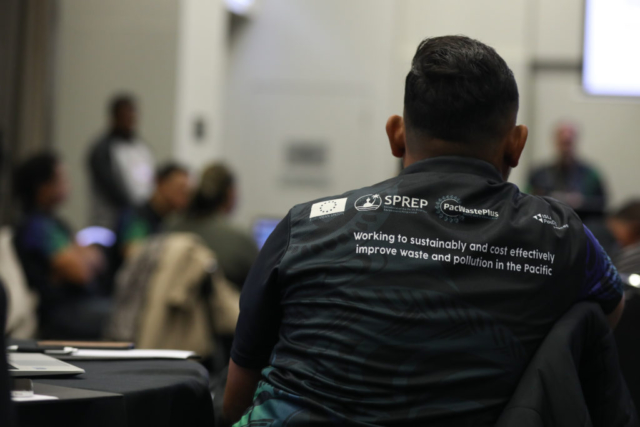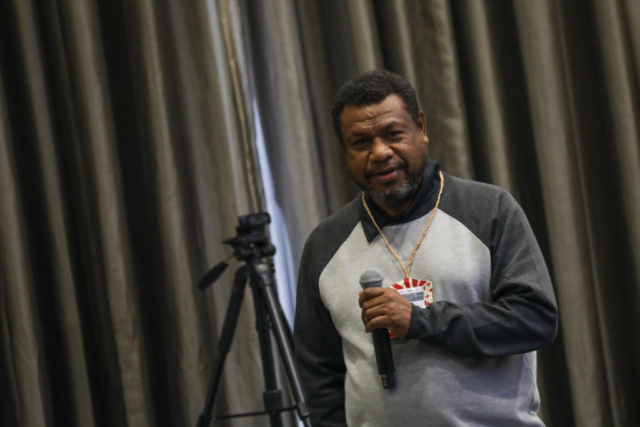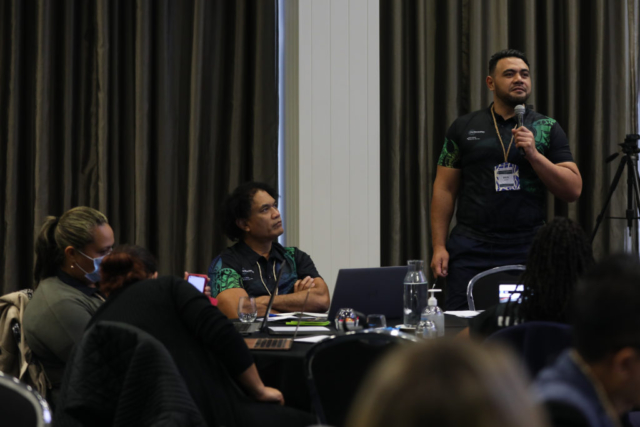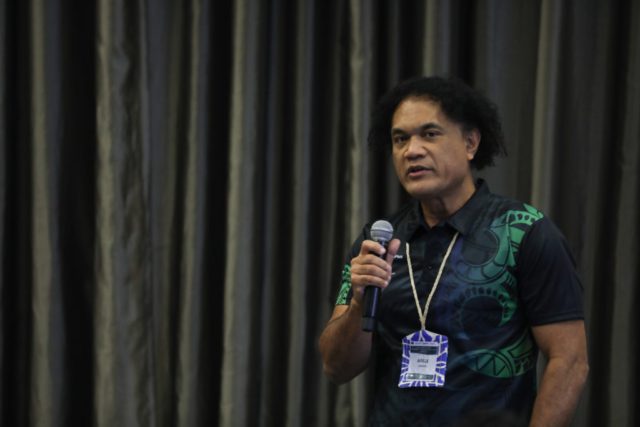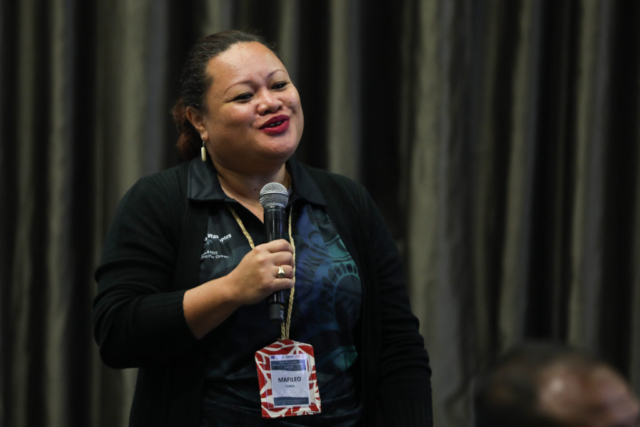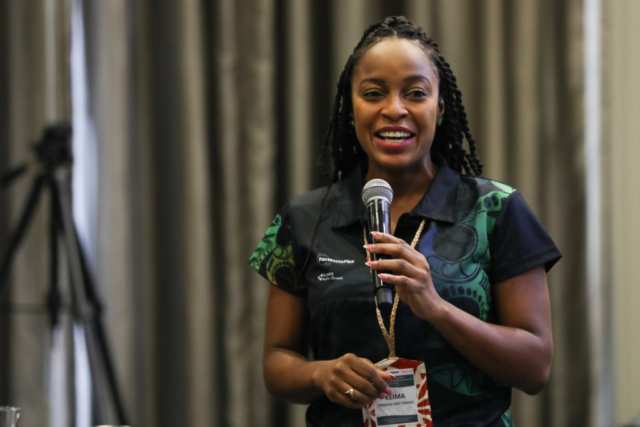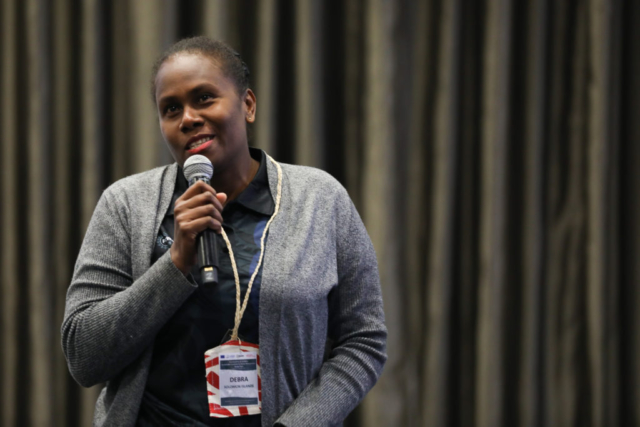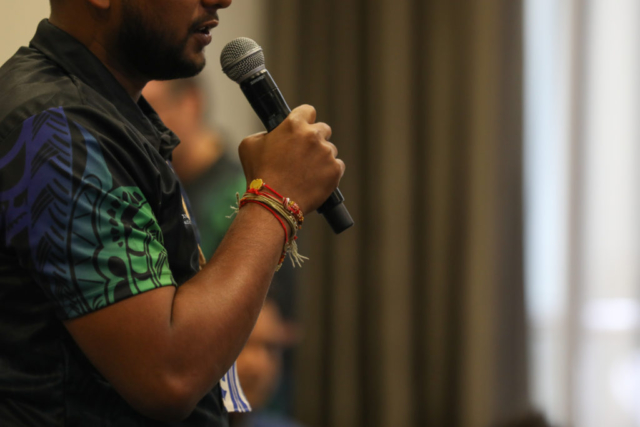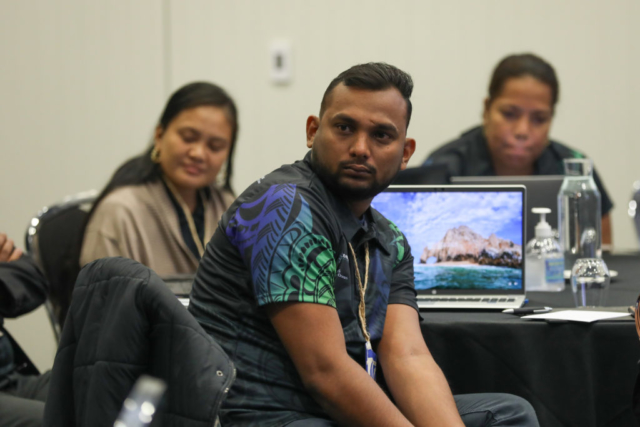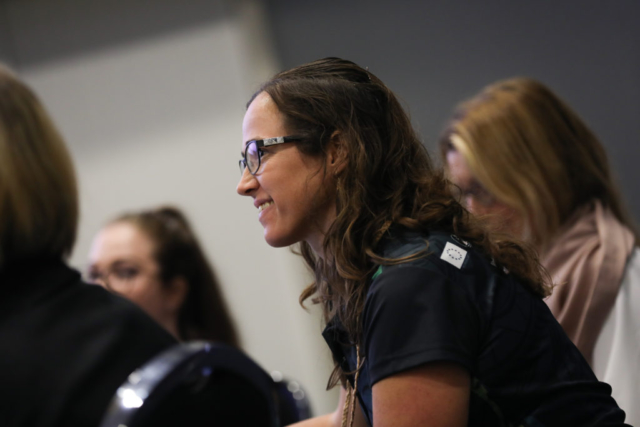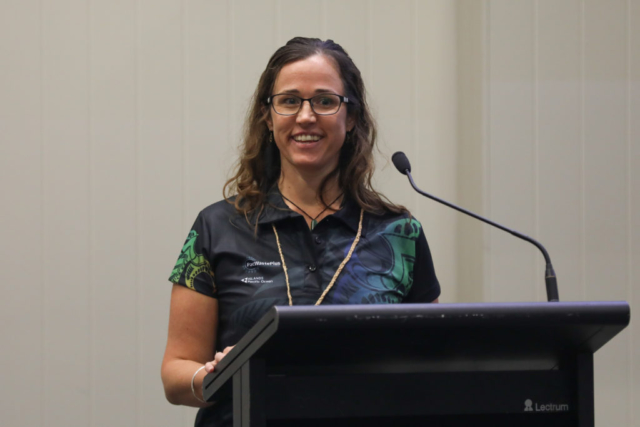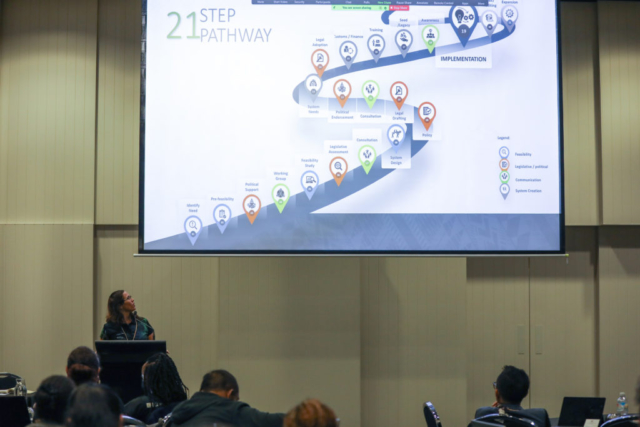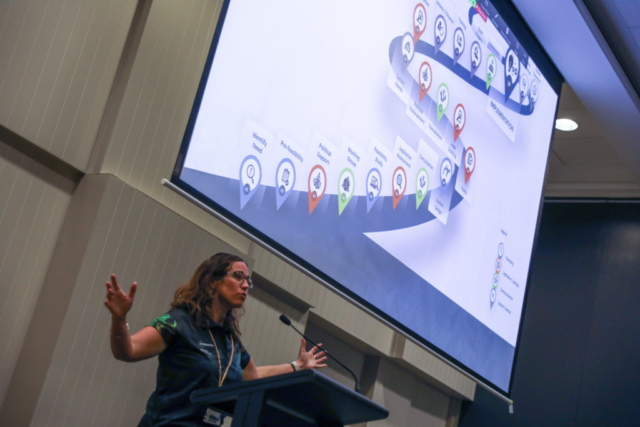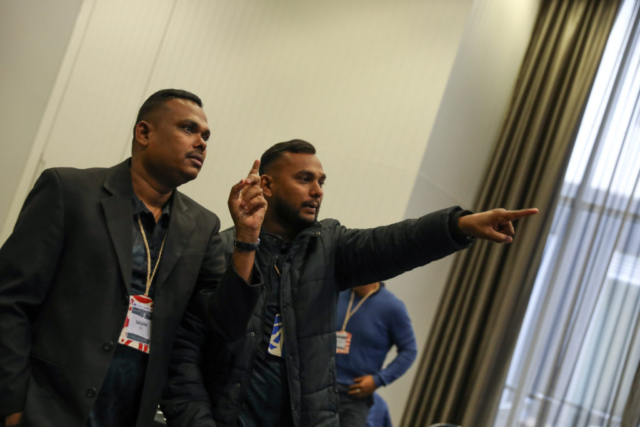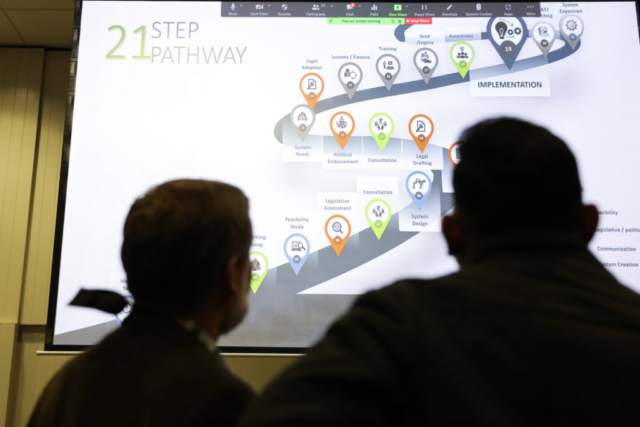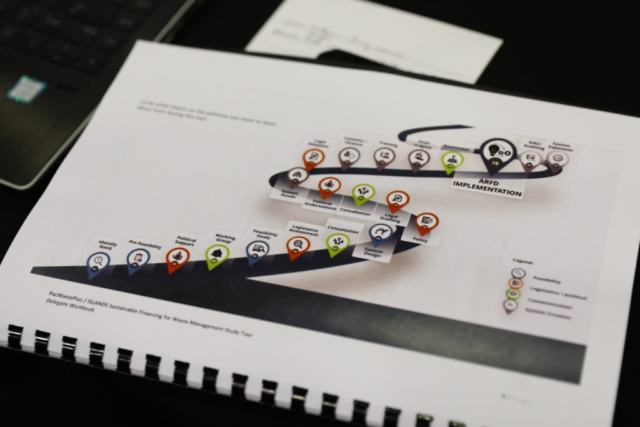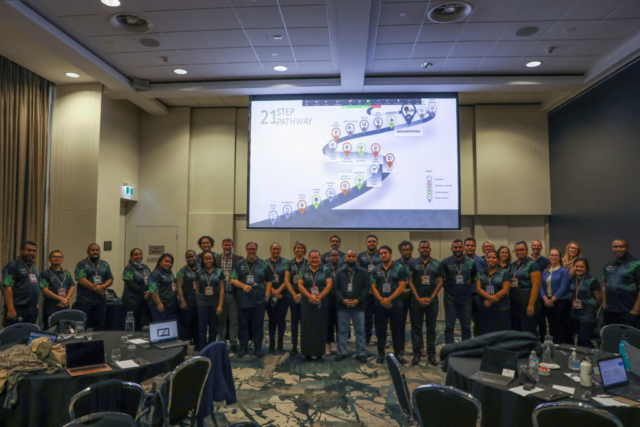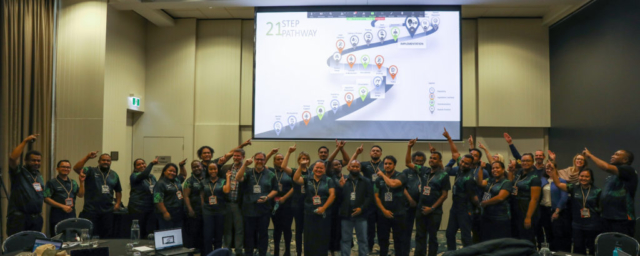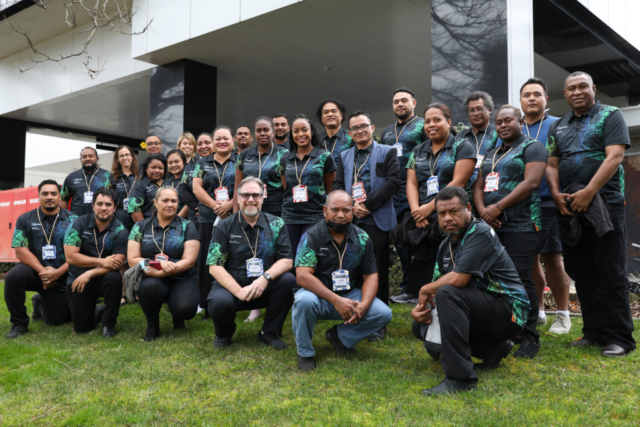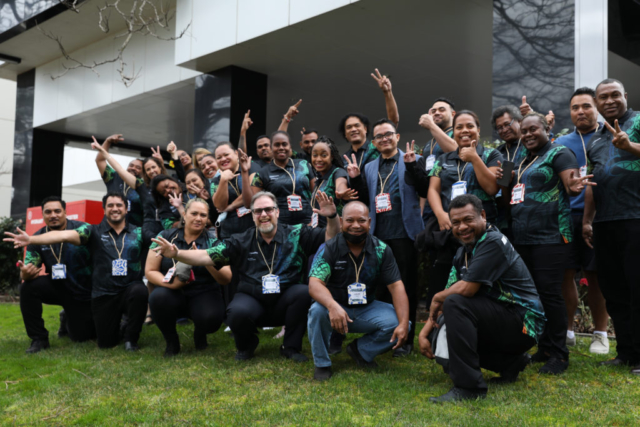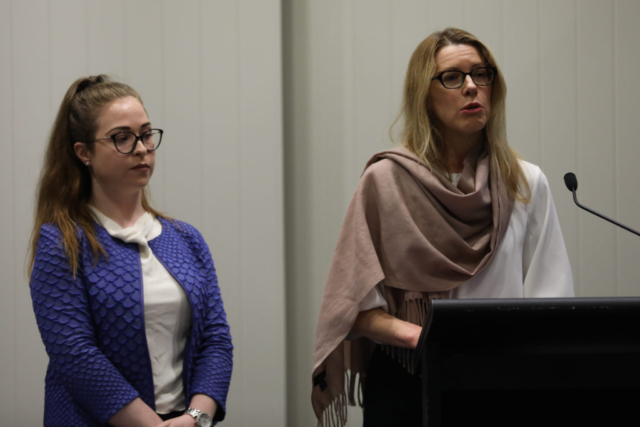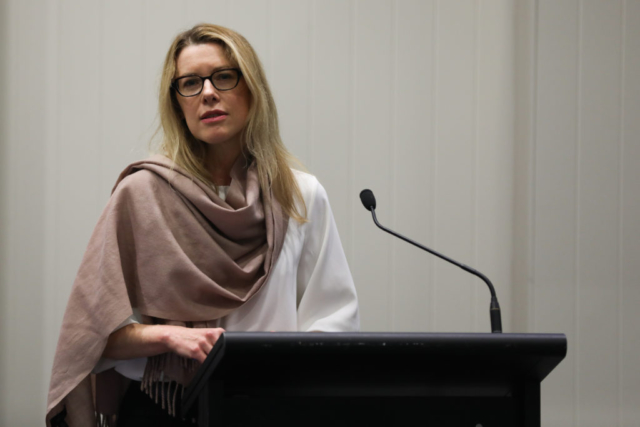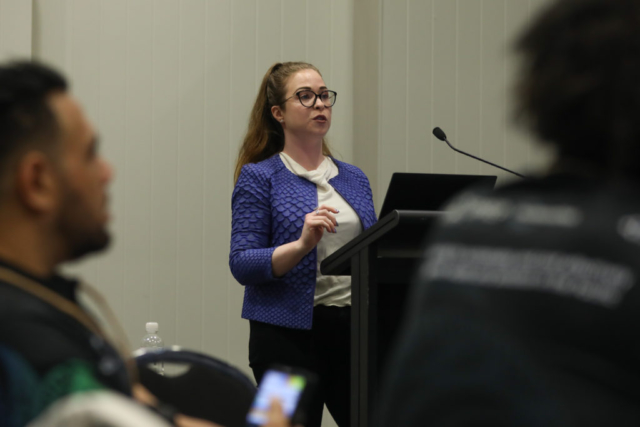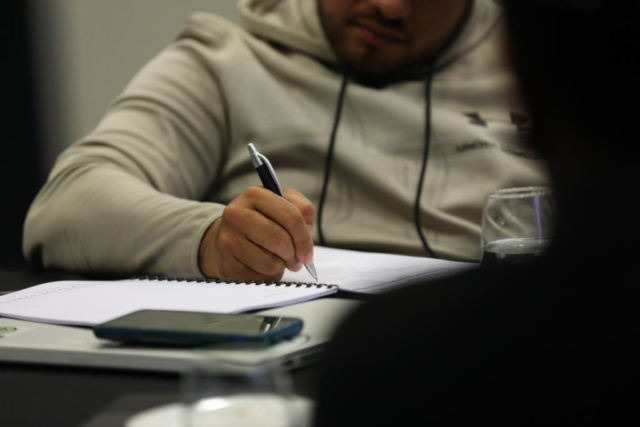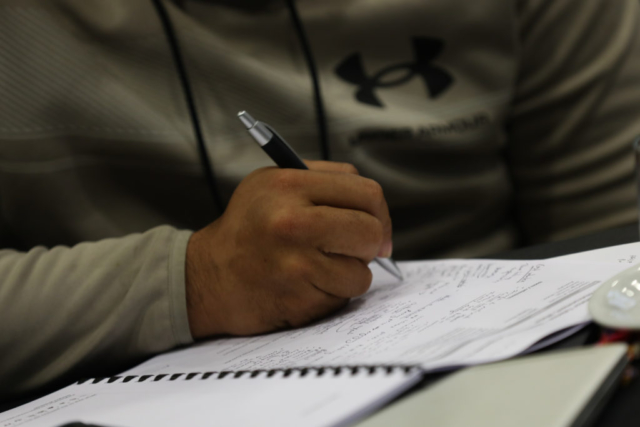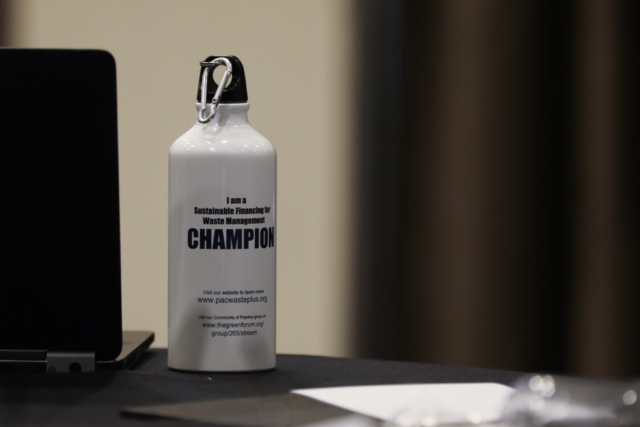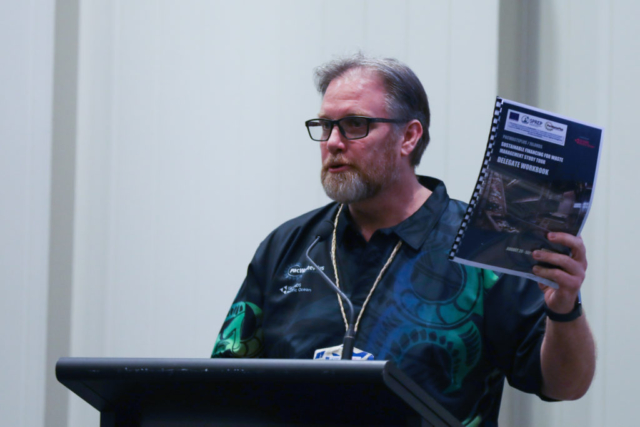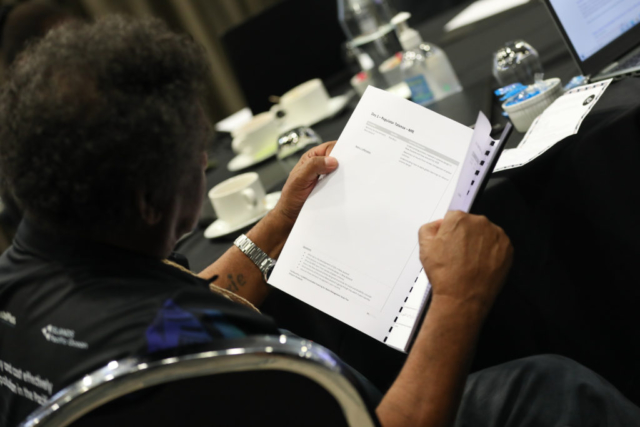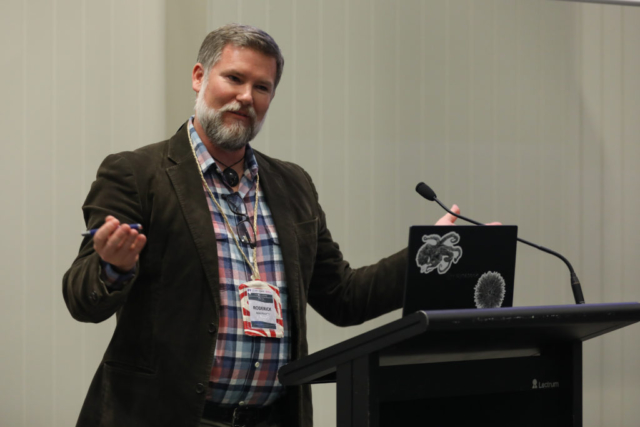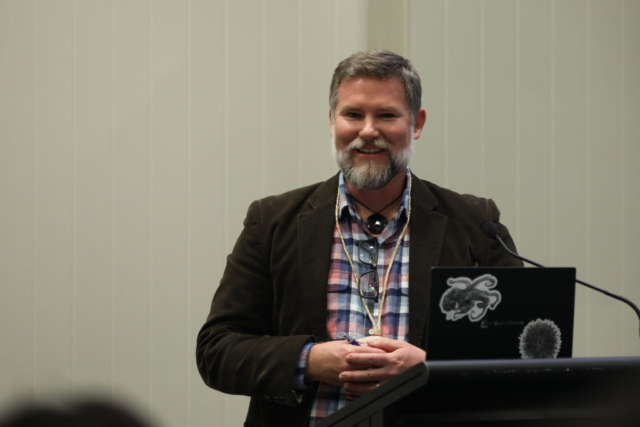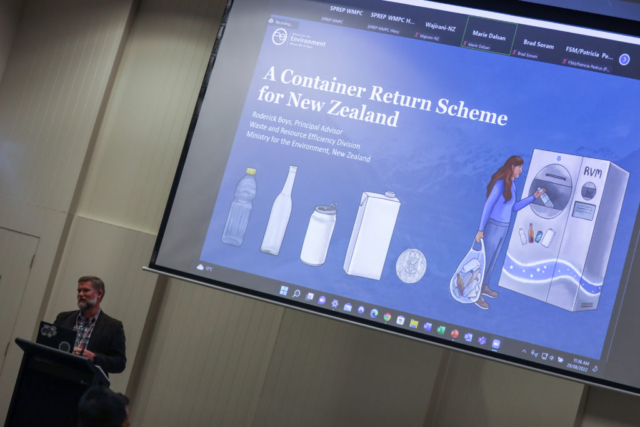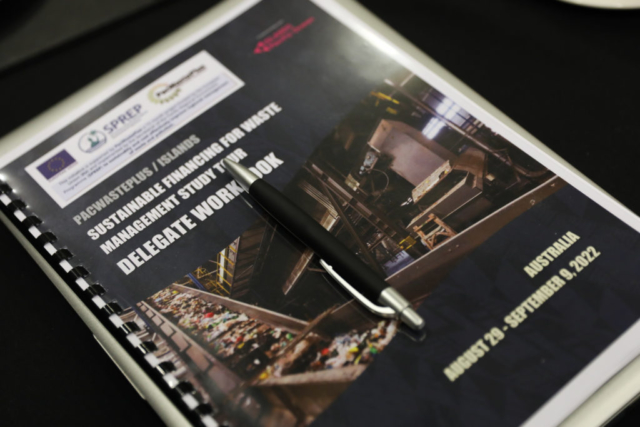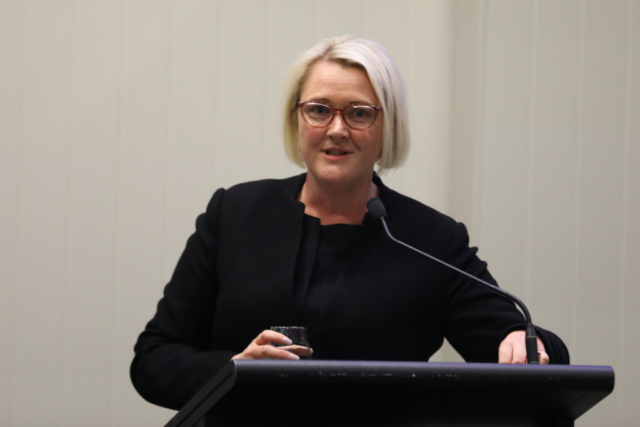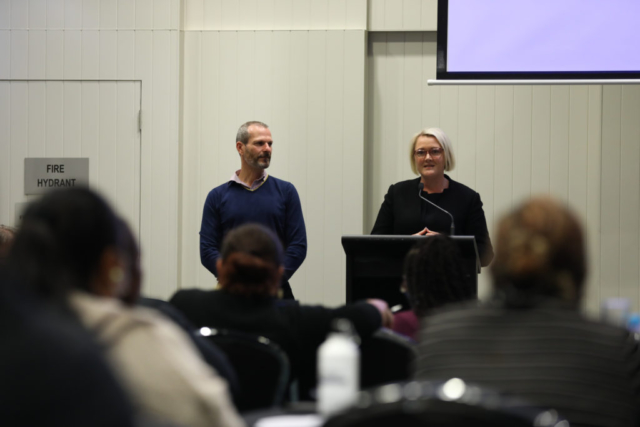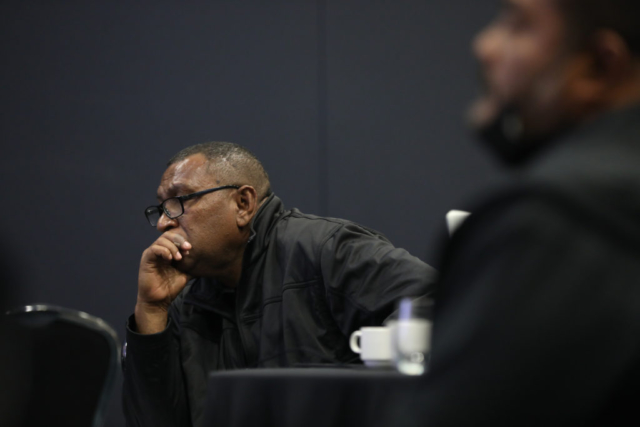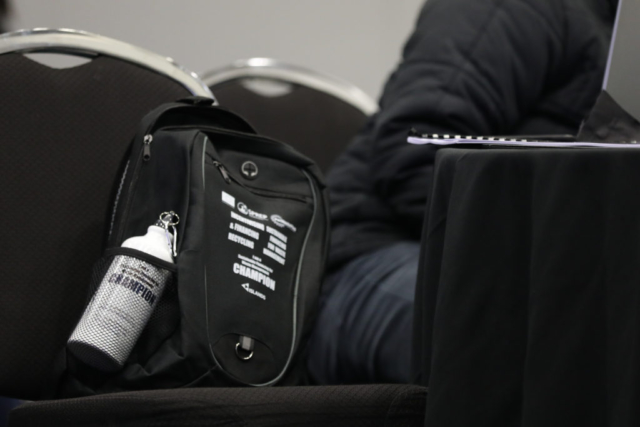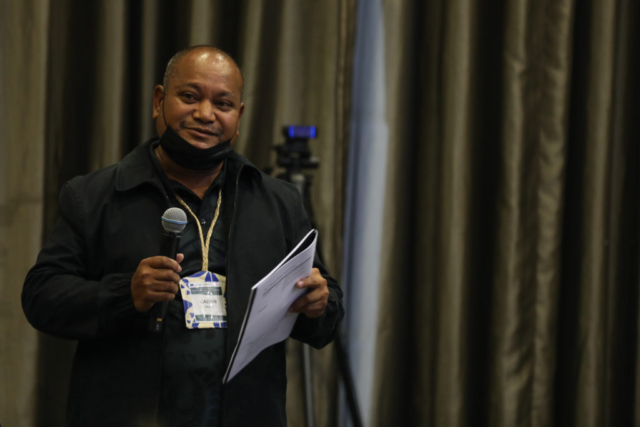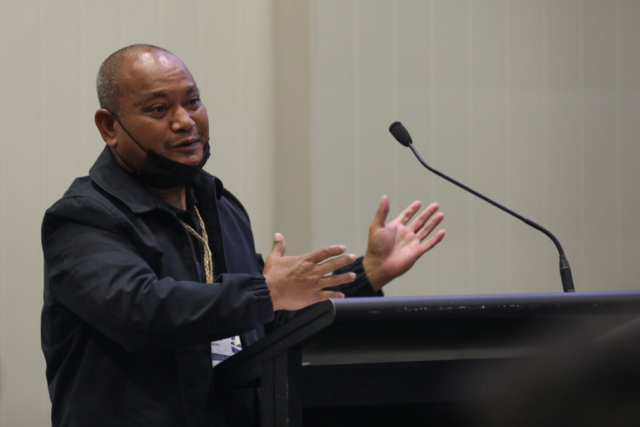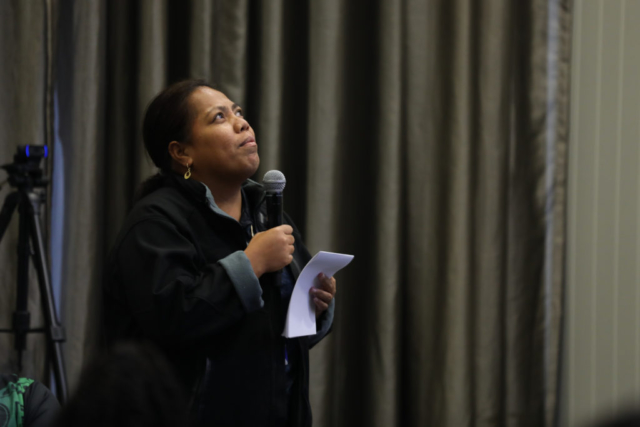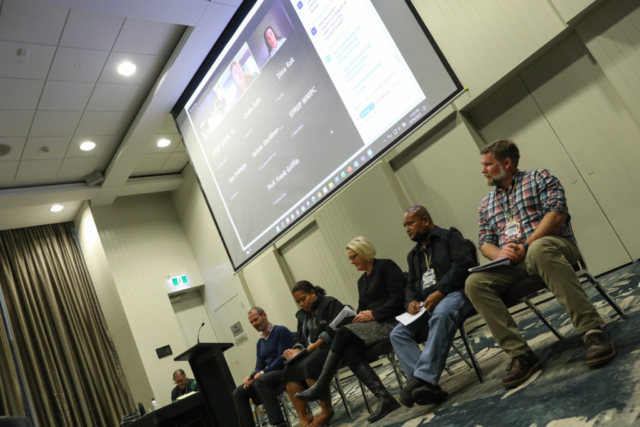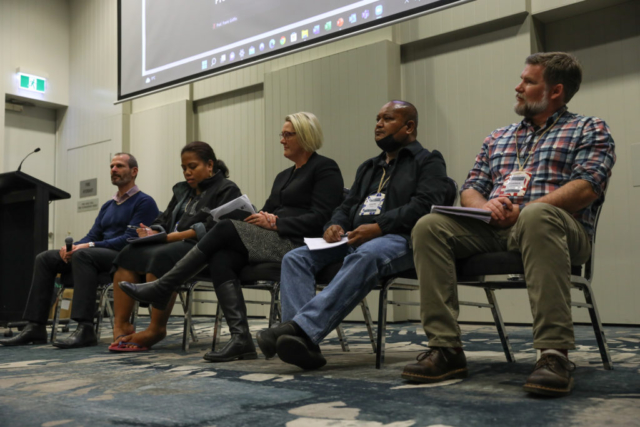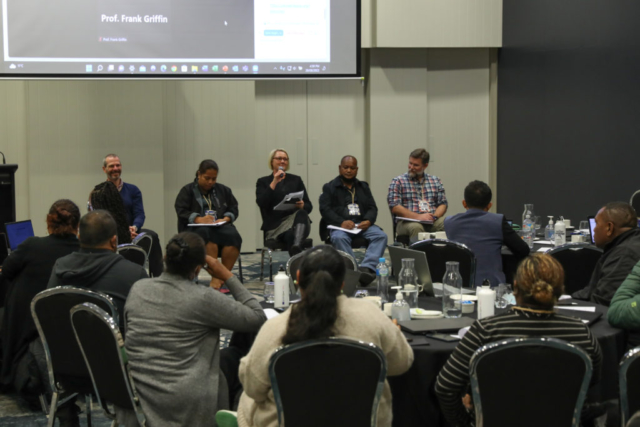News - Sep 1, 2022 Two Week Intensive Study Tour for Pacific Islands Commences
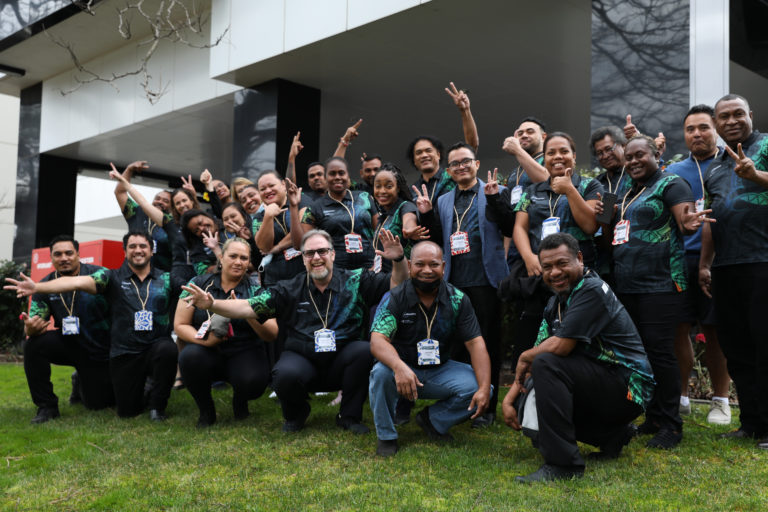
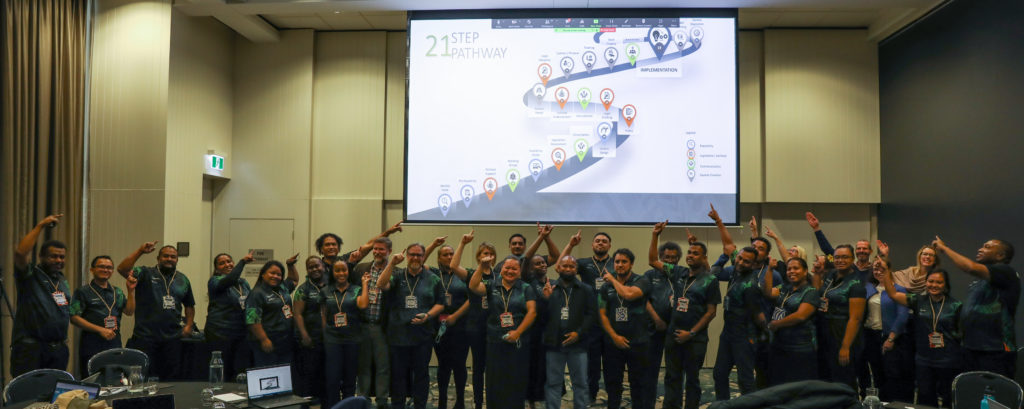
Money makes the world go round and the same goes for waste management. The management of waste is a national responsibility and one of the biggest challenges is ensuring sustainable financing and this was at the heart of an intense first day of the Sustainable Financing for Waste Management Study Tour.
But what does sustainable financing really mean? Most waste management follows a linear pattern – items (such as plastic bottles, aluminium cans, electronics, white goods, batteries, tyres, etc.) are produced by a manufacturer. A country then imports these goods, where a local shop buys them and sells them to us. From there, those items typically end up in a landfill, the environment, or higher value items might get recycled.
This is problematic for small islands because where is that waste supposed to go? Islands are either too small to keep the waste, don’t have the technology to recycle, or are too far away from recycling facilities in other countries and cannot afford to ship waste there.
Sustainable financing tries to change this by creating a continuous flow of funding to ensure those items get recycled. This is known as an Advanced Recovery Fee and Deposit (ARFD) system and here’s how it works.
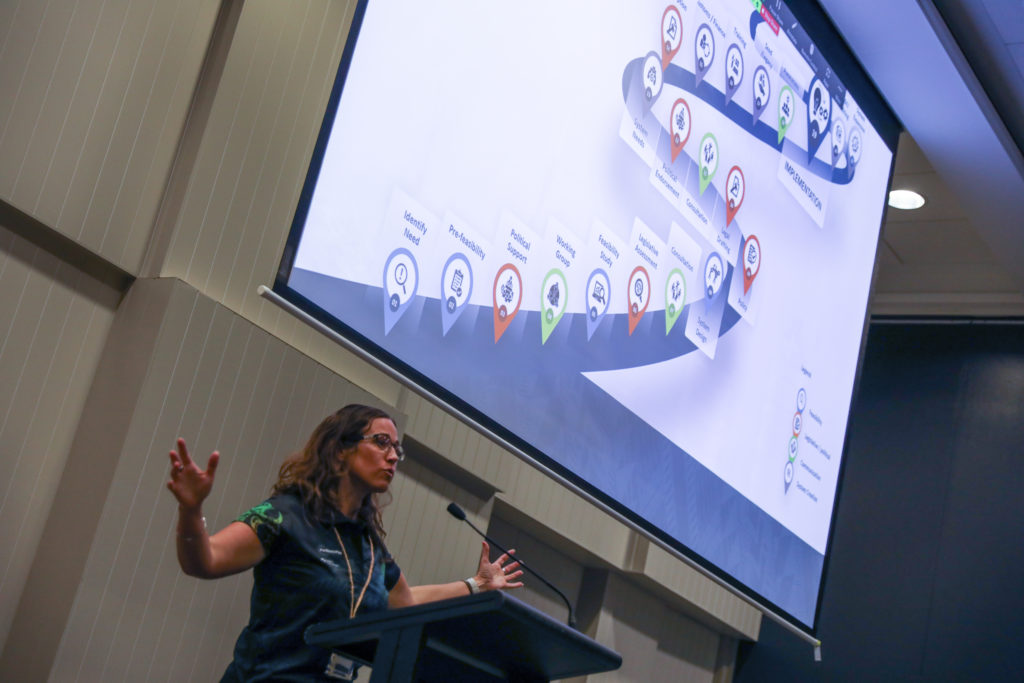
Let’s say you want to import plastic water bottles. Instead of just importing those bottles, the manufacturer is charged a small fee for the import, known as a deposit. This is usually a small amount, maybe 10c per bottle. This 10c is added to the sale price. The local shop buys the bottle at the increased price, and so do we. But, by having an ARFD system, the consumer (us) is able to return that item to a collection centre and be refunded a portion of the deposit amount, say 5c.
The remaining 5c, or any unredeemed deposits, are then put into a central fund which is used to facilitate the recovery, recycling and off-shore shipping of those same bottles. In this way, the ARFD system helps to create a shared responsibility for the management of waste, with the manufacturer, the importer, and the consumer. This system can also bring benefits to entire communities. Instead of you, the consumer, collecting your 5c deposit, you could give that to a community institution, like a school or a charity group, and enable them to collect funds.
There are many different ways to set the system up, and they go by different names, but the important thing is to create a system that responds to the unique situation within each island state. Throughout the day, Talanoas were held with legislators from Australia, New Zealand, Palau and Kiribati to understand what systems they have and what can be learned from their experiences.
A lot was discussed. New South Wales in Australia has the second oldest Container Deposit Scheme in the world and because they use 600 million containers every year, the scheme has not only kept 45,000 tons of beverage containers out of landfills but has generated $60 million for local communities.
Palau’s Deposit Beverage Container scheme, the oldest in the Pacific Islands, has handled more than 174 million containers and generated more than $17 million for waste management.
New Zealand is in the process of setting up its scheme and shared insights into how it has assessed the country’s needs, highlighting the important role that both industry and NGOs can play in developing zero-waste networks.
The Talanoas were rich with information, and the Study Tour participants were in top form, asking questions, sharing experiences, posing challenges, and engaging in an open and honest dialogue for the benefit of all.
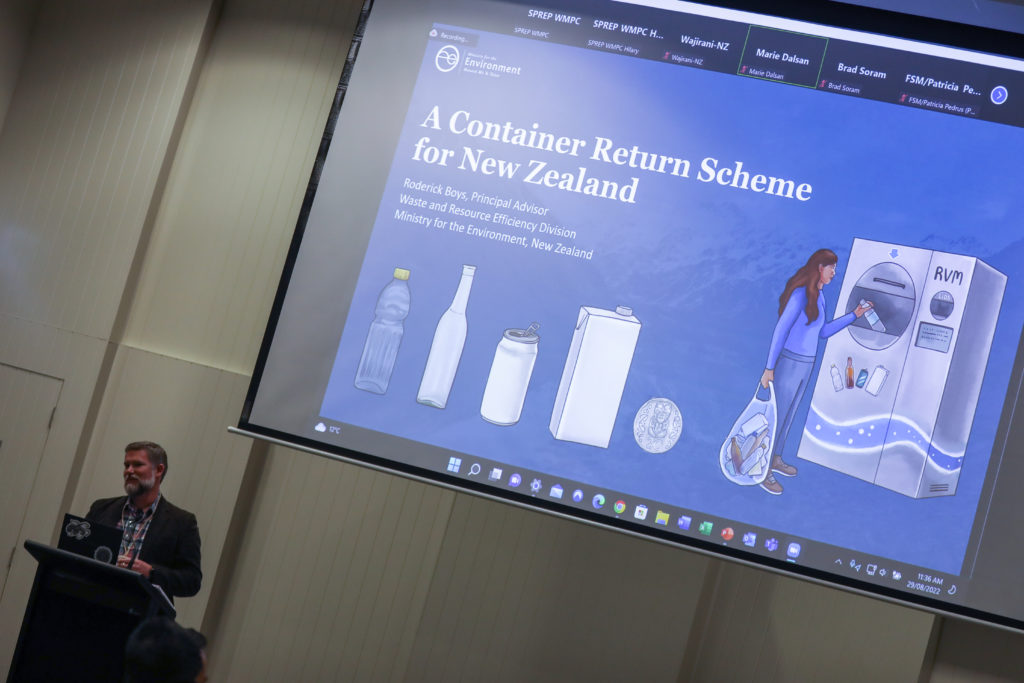
“It was a great start to the Sustainable Financing for Waste Management study tour here in Canberra listening to different regulators speak about how their systems were planned and designed, the challenges they faced, and how the development and implementation stages have evolved or still are,” said Ms Grace Garabwan, a delegate from Nauru.
“What stuck with me was to identify markets before planning a recycling system in your country and I am excited for the remaining days of this study tour so I can learn more from industry experts and also from my Pacific colleagues about their experiences, challenges, and solutions,” she added. “I intend to use and share learnings from the Talanoa sessions with colleagues, stakeholders, and our waste project partners, taking what applies to our standard and making improvements as we go through our system development stages.”
“In Fiji, we have embarked on developing the Container Deposit Regulation and will apply the best practices that we will learn from this study tour. Discussions with relevant actors of the Container Deposit System will be key so the scheme is viable in all aspects,” said Mr Kavnil Lal the delegate from Fiji. added.
“While our primary focus is environmentally sound management of recyclable bottles and aluminium cans, there are so many other types of recyclable materials that we should seriously start considering, which will have serious implications on the environment. It is also important to understand and appreciate that each country is socioeconomically unique, and hence not one type of product stewardship scheme will be the solution for another country,” he continued.
“The Talanoa sessions on the opening day were very informative and productive. For someone who works at the Ministry of Finance, the sessions have enhanced my knowledge of our role to play in the container refund scheme to succeed,” said Mr Mila Posini from Samoa.
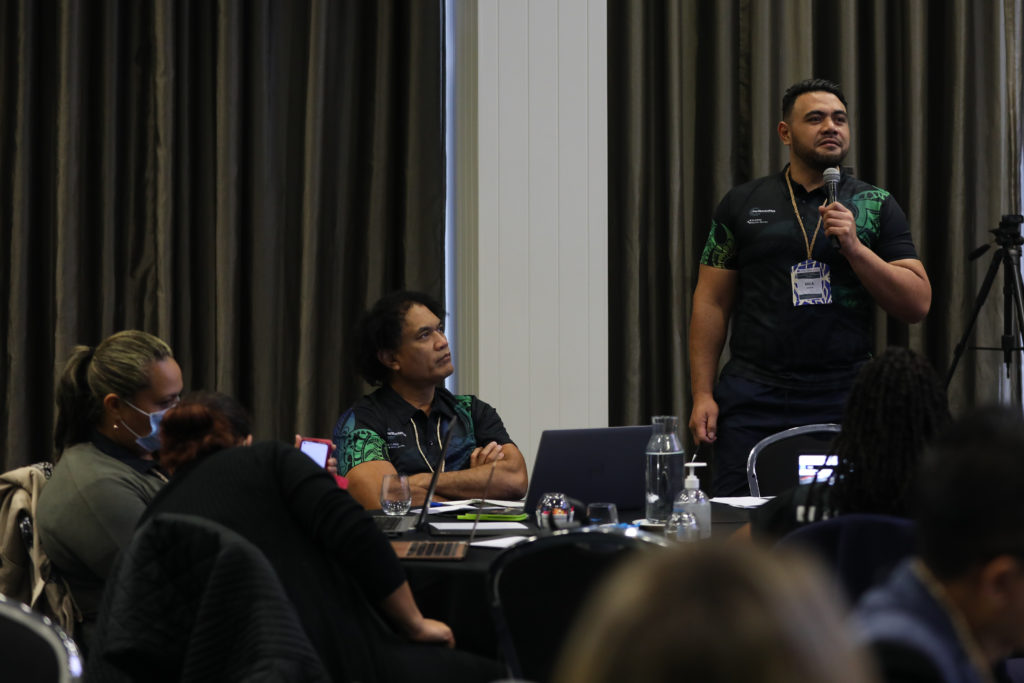
“We should start small when transitioning from a linear to a circular economy model as these schemes are costly and will affect end users (consumers),” he added. “I intend to share learnings from the Talanoa sessions with my colleagues and will specifically prepare a presentation for our managers and CEO at the Ministry of Finance in Samoa upon returning so they can understand the costs, benefits, and operation of the scheme. Hopefully, we can gain their support through providing funds for the early stages of the scheme until it is self-funded.”
“The Talanoa sessions were definitely informative. It was an information overload, but these sessions are valuable in terms of designing a sustainable financing system for the Cook Islands,” said Ms Claytoncy Taurarii from Cook Islands.
“The lessons learned from the sessions and during the Q&A panel provided insights on how each country should prepare itself in terms of learning from the challenges and what the available tools are that can minimise risks,” she added. “The key messages I will take home are keeping it simple, working together with government, private sector, and the community, choosing a financial system that works for country-specific needs, and finding a market for all,” said the Cook Islands delegate.
It was a lot to take in, but participants ended the day in high spirits and were all set for the first day of the Circular Economy Conference starting on 30 August, where they will have the opportunity to unpack these important issues and ideas even further.
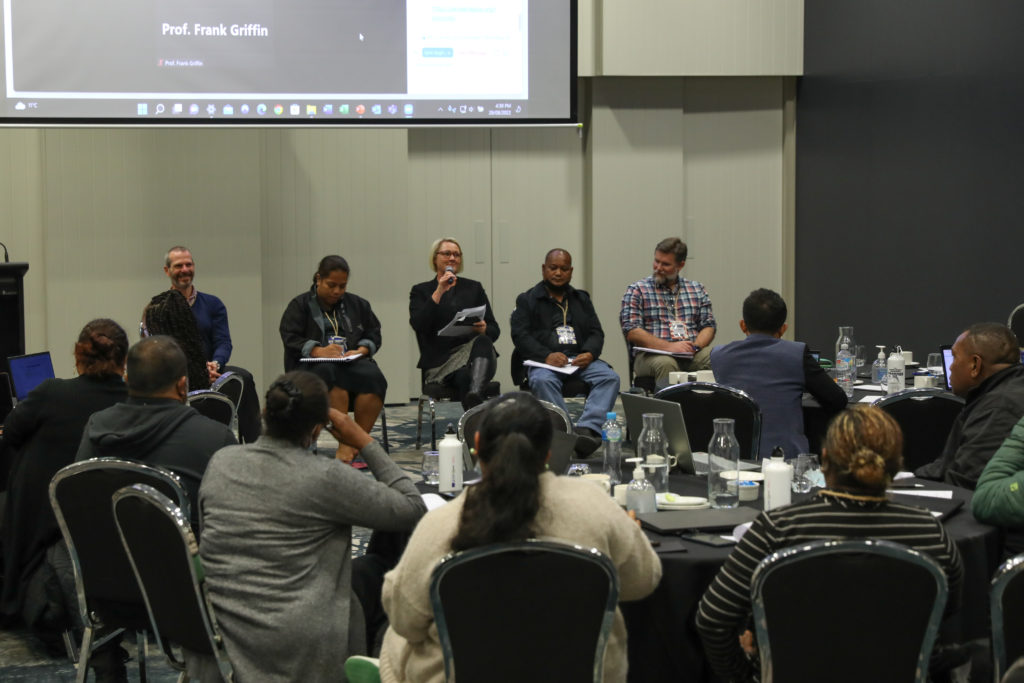
Article by Dr Kiara Worth and Nitish Narayan
Photos: GEF ISLANDS/PacWastePlus – Dr Kiara Worth


